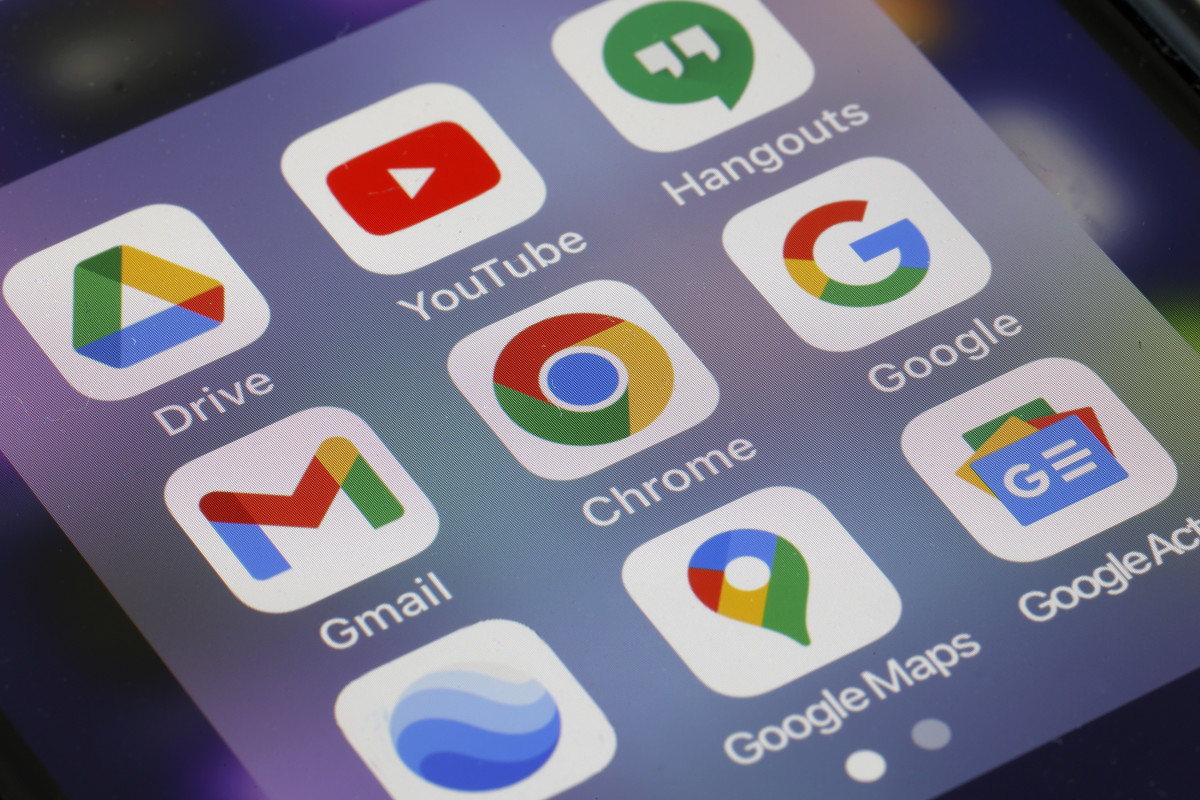
Assuming there are guardrails in place to ensure models are both accurate and safe, the bull thesis for so-called generative artificial intelligence is relatively straightforward: models like OpenAI's ChatGPT will be able to enhance individual and corporate efficiency and productivity by an enormous margin.
Ever since ChatGPT launched in November, the major tech companies have been engaged in an AI arms race to develop and deploy their own iterations of generative AI. In March, Google (GOOGL) -) deployed its answer to ChatGPT: Bard.
And Bard just got much more powerful.
Related: There's no need for new regulation to rein in AI, expert argues
Google rolled out its most powerful version of Bard thus far Sept. 19; as part of this new update, the company said in a statement, its AI assistant can now integrate with Google's suite of apps, including Gmail.
"If you’re planning a trip to the Grand Canyon (a project that takes up many tabs), you can now ask Bard to grab the dates that work for everyone from Gmail, look up real-time flight and hotel information, see Google Maps directions to the airport, and even watch YouTube videos of things to do there — all within one conversation," Google said.
The idea behind the new extensions is to leverage generative AI to intensely simplify certain processes; things that once took dozens of tabs can now be called up automatically by Bard and relayed to users in a single conversation.
More Business of AI:
- This AI Startup Is Taking on Google and Microsoft By Doing the Exact Opposite
- Grammys CEO Says AI Must Be a Tool For Artists; It Can't Replace Them
- Microsoft Breaks Down Exactly What AI Regulation Should Look Like
For those who choose to use these new extensions, Google said that users' content from Drive and Gmail will not be used to tailor ads or train Bard.
This latest update comes amid an ongoing debate around the cost-benefit ratio of AI. The tech giants making the technology are confident that the benefits of AI will outweigh whatever risks might arise, be they superintelligent AI or a dramatically changing economic environment.
But as lawmakers look to regulate the industry, many experts remain deeply concerned with the harms AI has already begun causing, and the ways these could become far worse, from enhanced fraud and worker exploitation to political instability and the dramatic widening of social inequities.
Action Alerts PLUS offers expert portfolio guidance to help you make informed investing decisions. Sign up now.







